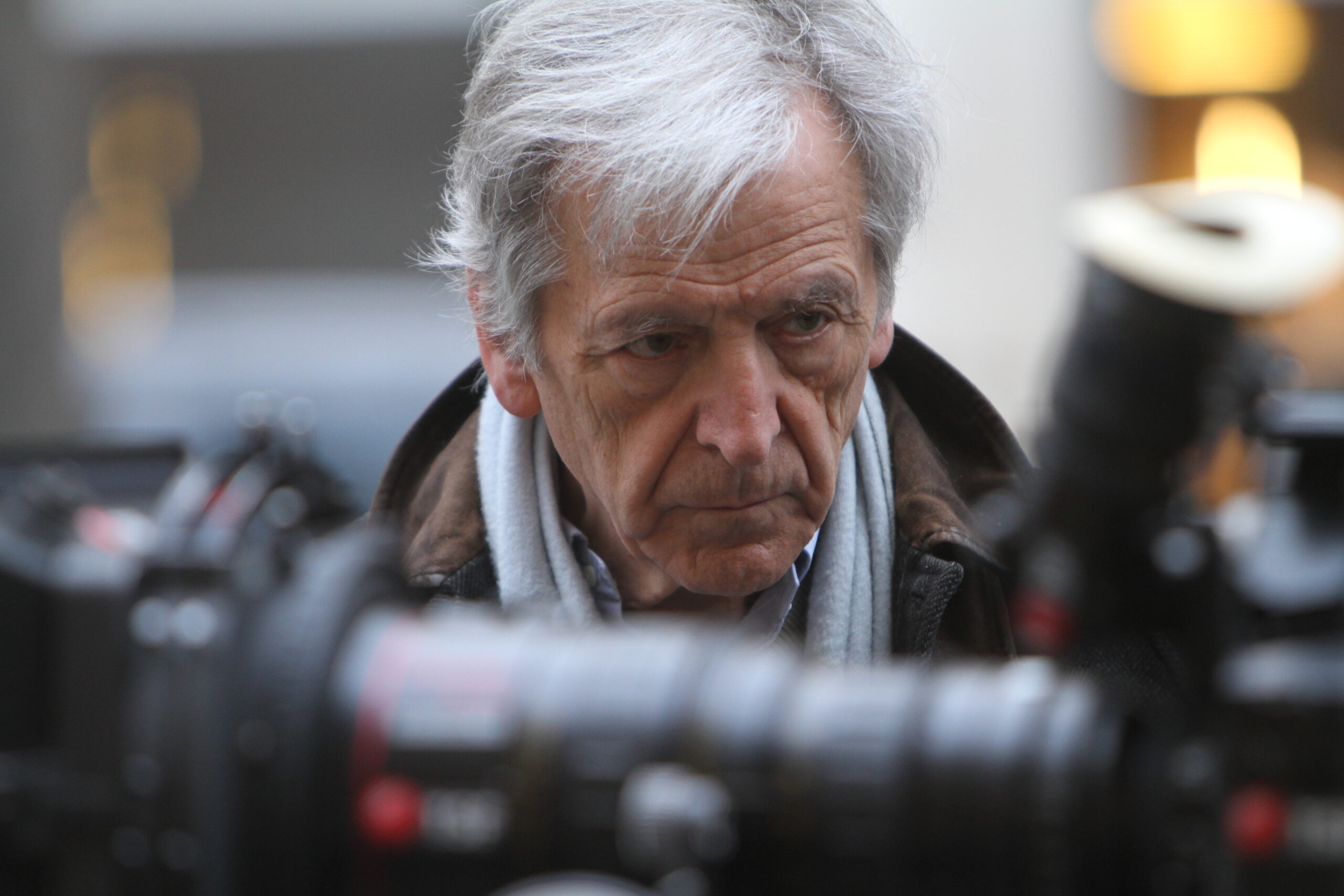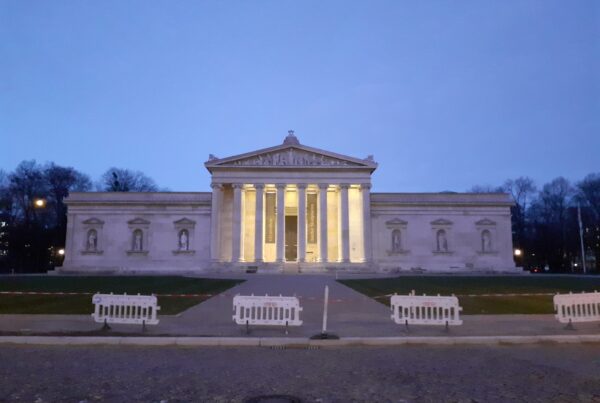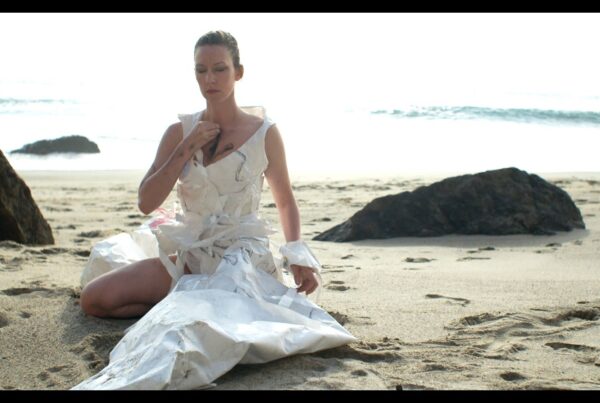AMEN.
2002. Colour. Runtime: 132′
Produced by KG Productions, Katharina, Le Studio Canal+, Renn Productions, TFl Films Productions, KC Medien AG, Mediapro Pictures
Distribution: Pathé Films
Language: English, French, German
Director: Costa-Gavras
Written by: Costa-Gavras, Jean-Claude Grumberg
Cast: Ulrich Tukur, Mathieu Kassovitz, Ulrich Mühe, Michel Duchaussoy, Ion Caramitru
Music: Armand Amar
Nazism, an all-powerful totalitarian mechanism that stigmatised humanity by the horrific war crimes committed in the concentration camps, after the gas poisoning of six million Jews; the Vatican, the ultimate symbol of religious and political power, refusing to denounce genocide for fear of a break of their relations to the Nazis; a film about the Holocaust that provoked violent reactions because of its denunciatory tone towards the historical responsibility of ecclesiastical and diplomatic circles.
César Award for Best Adapted Screenplay – Lumière Award for Best Film – Nominated for the Golden Bear at the Berlin International Film Festival.
The plot:
Kurt Gerstein, an actual person, is a distinguished chemist who invented the insecticide (pediculicide) Zyclon B. As an officer in the Waffen SS, he discovers that his Zyclon B is being used in concentration camps to exterminate Jews. He immediately attempts to inform the Allies, Pope Pius XII, and the German Church to denounce the crimes, and raise public awareness. He finds an ally in Ricardo, a fictional character, a young Jesuit clergyman, who has the courage to stand up and oppose the atrocity. Will these two disparate men be able to force the Vatican to speak openly and stop the Nazi genocide?
Considering the Vatican’s stance on the Holocaust, I wanted to speak about silence and indifference. As we see happening even today, dramatic things are happening, but no one speaks out. Church institutions are not on the side of the people, but on the side of the doctrine, notes Costas Gavras about his film: “Amen.” is based on a play by Rolf Hochhuth, itself based on true events, incorporating elements of fiction. Until very recently the rights to the play were blocked by a mysterious company… When they were released, we made the decision to film it. Costs Gavras says about the reactions the film caused: Most of the reactions had to do with the poster by Oliviero Toscani (the well-known creator of the Benetton ads). We were sued by an ultra-conservative Catholic organisation, led by a Le Pen henchman.
The cinema of Costas Gavras is a narrative cinema, which draws its themes from the open wounds of history (such as the Holocaust), politics (such as military dictatorships), or from issues that dominate the social field (such as the uncontrolled action of the media). His cinema falls under the constellation of politics, but also of sensitivity to the major problems that continue to concern societies in the 21st century.
I don’t know exactly what the idea of politics, of making political films, means: all films are political. Political is the way we behave in our everyday lives. I think the description “statement with social content” would be more accurate for my work. Or maybe “exploration in the social field”, says Costas Gavras. I think the best thing that can happen to a film is for it to create a controversy, a debate on a subject. I don’t believe that films can change society —unfortunately — but I hope that they can’t change people either. People should watch movies, read books, and then decide for themselves.







